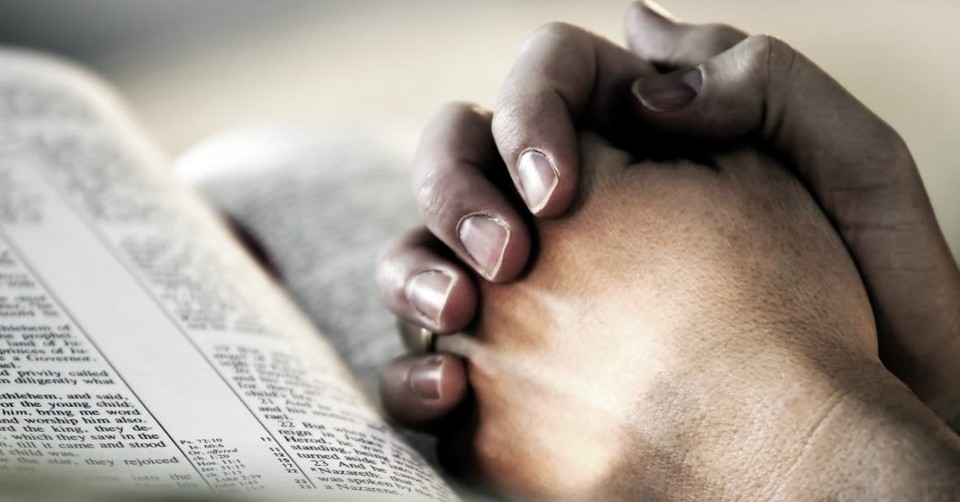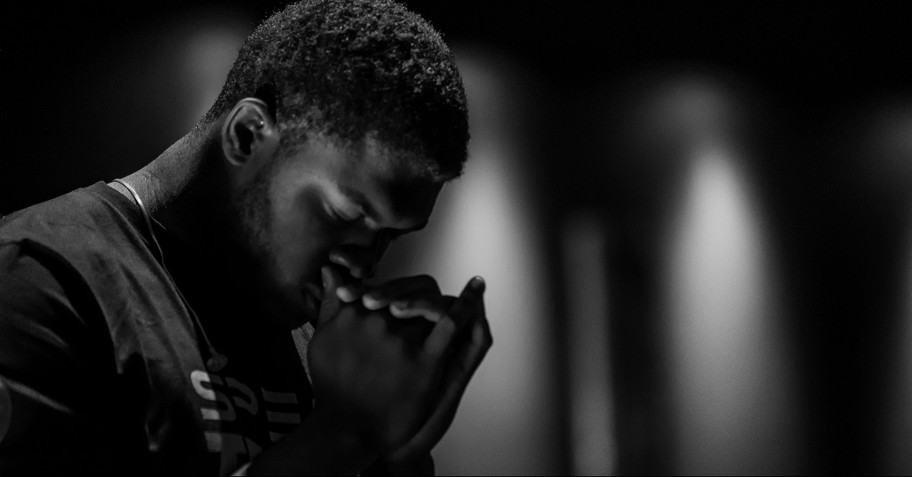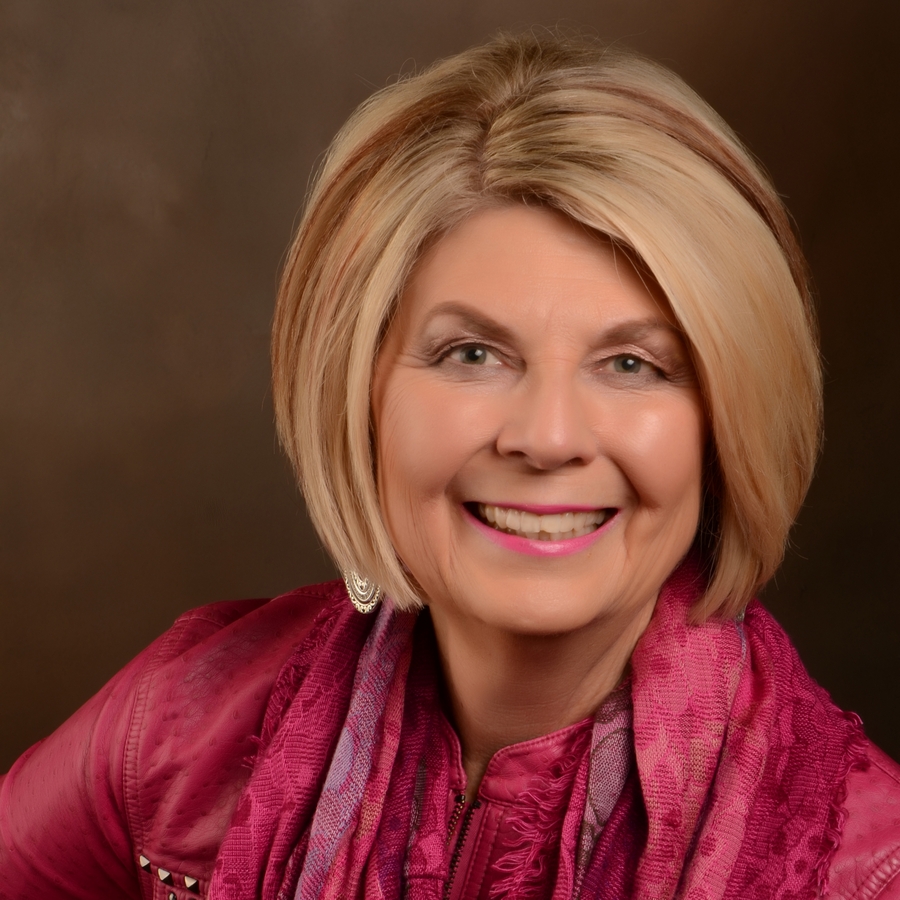When we consider Jesus, Stephen, and Joseph’s forgiveness of their persecutors, and God’s forgiveness of David, it puts into perspective those things wrongfully done to us, or we’ve done, that we think are just plain unforgivable.
In her book Tramp for the Lord, Corrie ten Boom tells the story of teaching in Germany during 1947, when one of the cruelest former Ravensbrück camp guards approached her. Ravensbrück camp was where she and her sister Betsie were imprisoned in 1944 for harboring Jews and Betsie died in that camp. Corrie was reluctant to forgive the guard but prayed she would be able to. She wrote that “For a long moment we grasped each other's hands, the former guard, and the former prisoner. I had never known God's love so intensely as I did then.”
Corrie also wrote that in her post-war experience with other victims of Nazi brutality, those who were able to forgive were best able to rebuild their lives.
Someone wisely said that forgiveness sets a prisoner free and that prisoner is you. When we don’t forgive, we often play the offense over and over in our minds and let it torture us while the person who hurt us is going on with their life.
Many, including me, have described forgiveness as a weight lifted off our shoulders. Forgiveness doesn’t justify the other person’s actions and it may not result in reconciliation, especially if the other person is not safe, but it does release you from carrying around the burden of anger and bitterness and not allowing their actions to destroy you.
Scripture doesn’t simply suggest forgiveness; it commands forgiveness for our own peace and tranquility. Ephesians 4:32 NLT says, “Instead, be kind to each other, tenderhearted, forgiving one another, just as God through Christ has forgiven you.”
And Colossians 3:13 NLT tells us, “Make allowance for each other’s faults, and forgive anyone who offends you. Remember, the Lord forgave you, so you must forgive others.”
It has been suggested that “The first to apologize is the bravest. The first to forgive is the happiest.”










